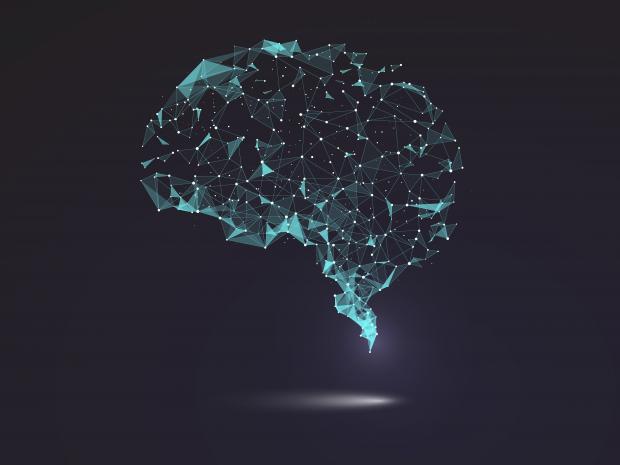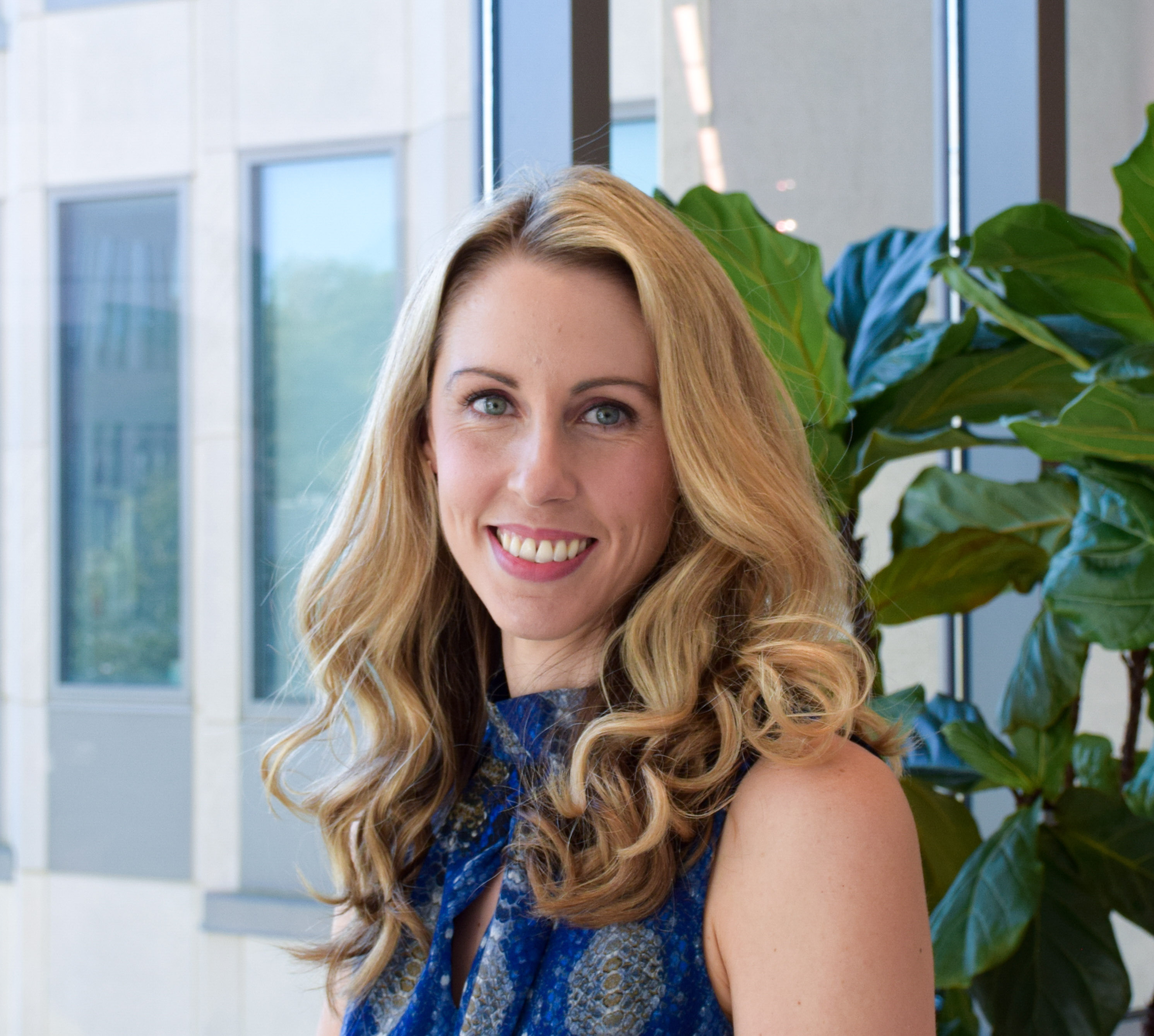Reverse-Engineering the “Recipe” for Object Perception

Part of the Special ECE Seminar Series
Modern Artificial Intelligence
Title:
Reverse-Engineering the “Recipe” for Object Perception
Speaker:
Dr. Samantha Wood, Indiana University Bloomington
Abstract:
For centuries, philosophers and psychologists have debated the origins of the mind. What are the necessary “ingredients” for perceiving and understanding the world around us? A key puzzle is object perception: understanding the essential components that enable a mind to recognize and make sense of objects in its surroundings. Using parallel controlled-rearing experiments on newborn animals and artificial intelligence (AI) models, we will start to build, from scratch, the recipe for functional object perception, including the training data, visual system, motor system, and learning rules needed. By using controlled-rearing experiments with newborn animals, we can precisely record and manipulate all of the visual stimuli that are available from birth to test how visual experience impacts object perception. By “rearing” AI models in the same environments as animals and testing them on the same tasks, we can use AI models as task-performing models of developing animal minds. I will argue that this reverse-engineering approach provides an integrative framework for linking the study of artificial and biological intelligence
Bio:

Dr. Samantha Wood is an Assistant Professor in the Informatics Department of the Luddy School of Informatics, Computing, and Engineering, Indiana University Bloomington. She received her B.A. from Harvard University in Social Studies and her M.A. and Ph.D. from the University of Southern California in Psychology, with a focus on Brain and Cognitive Science. Dr. Wood works at the intersection of artificial intelligence (AI) and cognitive science, with a focus on understanding how brains learn to build perceptual and conceptual knowledge.
Dr. Wood’s research focuses on how newborn brains learn to make sense of the world. What algorithms allow brains (without prior experience or instruction) to convert streams of high-dimensional sensory input into knowledge and adaptive action? Using tools from AI, Dr. Wood formalizes theories from psychology as agent-based models that use deep neural networks to perform the same tasks as humans and animals. By simulating the development of intelligence using artificial agents raised in realistic virtual reality worlds, Dr. Wood aims to build predictive, integrative, and embodied models for psychology and neuroscience.

